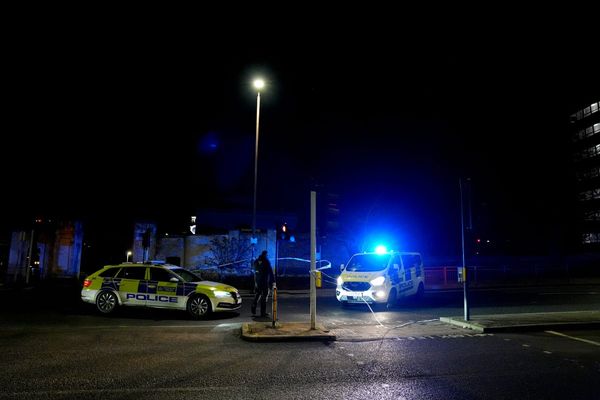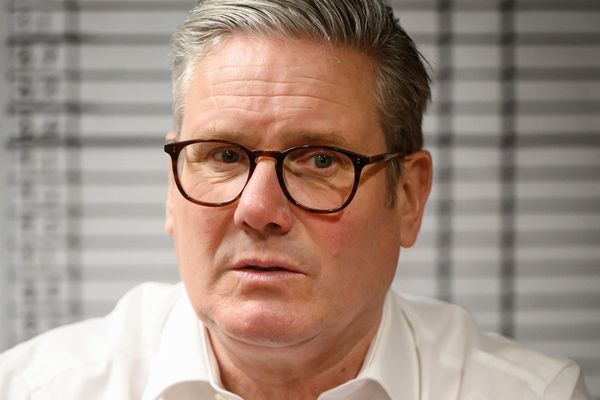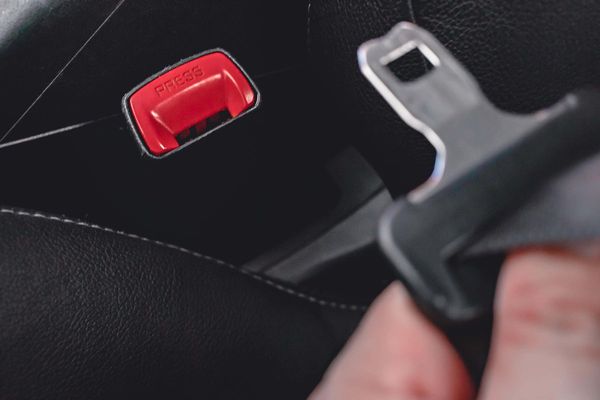
The Australian “misleadingly and unfairly” led readers to believe the ABC’s award-winning Four Corners journalist Louise Milligan was associated with “bad, lazy, deceitful journalism” in a 2021 editorial, the Australian Press Council has found.
The finding comes two years after Milligan first filed a complaint over the piece, which first ran on June 8, 2021 in both print and online, and claimed reporters at the ABC “decry any form of scrutiny”, particularly when it is published in The Australian.
In it, The Australian — under the headline “Greatest enemy of truth is those who conspire to lie” — claimed the newspaper’s senior staff “know well” the “habits and hubris” of both reporters. The Press Council found the claim was misleadingly presented to readers as fact, “not merely an expression of opinion”.
Milligan and her former Four Corners colleague, Sally Neighbour, who took home the outstanding contribution to journalism award at last year’s Walkley Awards, were the only two ABC employees referenced by name in the article.
The editorial went on to claim “the subjects of good journalism, of important journalism, lie and dissemble”, before saying “the most dangerous enemy of the journalist is bad, lazy, deceitful journalism”.
The Press Council ultimately found the editorial fell afoul of accuracy standards, which stipulate that factual material be presented with reasonable fairness and balance, and that writers’ expressions of opinion are not based on “significantly inaccurate factual material” or omission of key facts.
The offending article was also found to have run the risk of “causing or contributing” to “substantial offence, distress or prejudice, or a substantial risk to health or safety”.
In its defence, The Australian argued that the editorial wasn’t directed at Milligan and Neighbour. The unavoidable conclusion taken away from the editorial, however, was that Milligan was associated with “bad, lazy, deceitful journalism” and that she “lies” and “dissembles,” by way of the fact she was named in the article, the Press Council said.
Top brass at the ABC welcomed the Press Council’s findings on Tuesday, including managing director David Anderson, who was outspoken in supporting Milligan and Neighbour in the face of the editorial’s publication two years ago.
“The ABC stands by Louise Milligan and the Four Corners team and the outstanding, high-quality journalism they continue to perform for the Australian public,” Anderson told Crikey in a statement.
Milligan said the outcome was satisfying, but the fact it took so long should reignite conversations about the need for a publicly funded press watchdog, independent from the media companies that currently fund it.
“It’s not acceptable that a complaint takes that long,” Milligan told Crikey. “The Press Council should be publicly funded; it should be an external, independent body that has the proper means to deal with these complaints, quickly and effectively.”
She said she is “enormously grateful” to the panel that adjudicated the complaint, for asking “robust questions” and empathising with her position. For vulnerable complainants, however, the process isn’t an easy one to pursue, she said.
“I can only imagine how it would be for someone who is really, really vulnerable and really traumatised by what had been in the newspaper having to go through this process for so long,” she said.
“For me, it was a really, really upsetting process, and I found it really horrible. And it wasn’t until a few weeks ago that I finally felt that I was going to get some sort of form of justice.”
Days after the editorial was published, a number of The Australian’s former staffers publicly defended Milligan and Neighbour, including former editor-in-chief David Armstrong, who said the headline and final sentence amounted to “defamatory verbal abuse”.
Chris Mitchell, another former editor-in-chief of The Australian, told the Canberra Times that mention of Milligan and Neighbour in the editorial was “very odd”. “Both of them left the paper in completely good stead, valued; and I like them both and I would have taken Sally back if I was still there,” Mitchell said.
Other former journalists of The Australian took to Twitter to back Milligan, including James Jeffrey, George Megalogenis, Chip Le Grand, and ABC Radio National Breakfast host Patricia Karvelas, who herself has become a target of the broadsheet’s media pages.
A News Corp spokesperson did not respond to a request for comment on Tuesday’s adjudication in time for publication.
Is the current media watchdog all bark, no bite? Let us know your thoughts by writing to letters@crikey.com.au. Please include your full name to be considered for publication. We reserve the right to edit for length and clarity.







